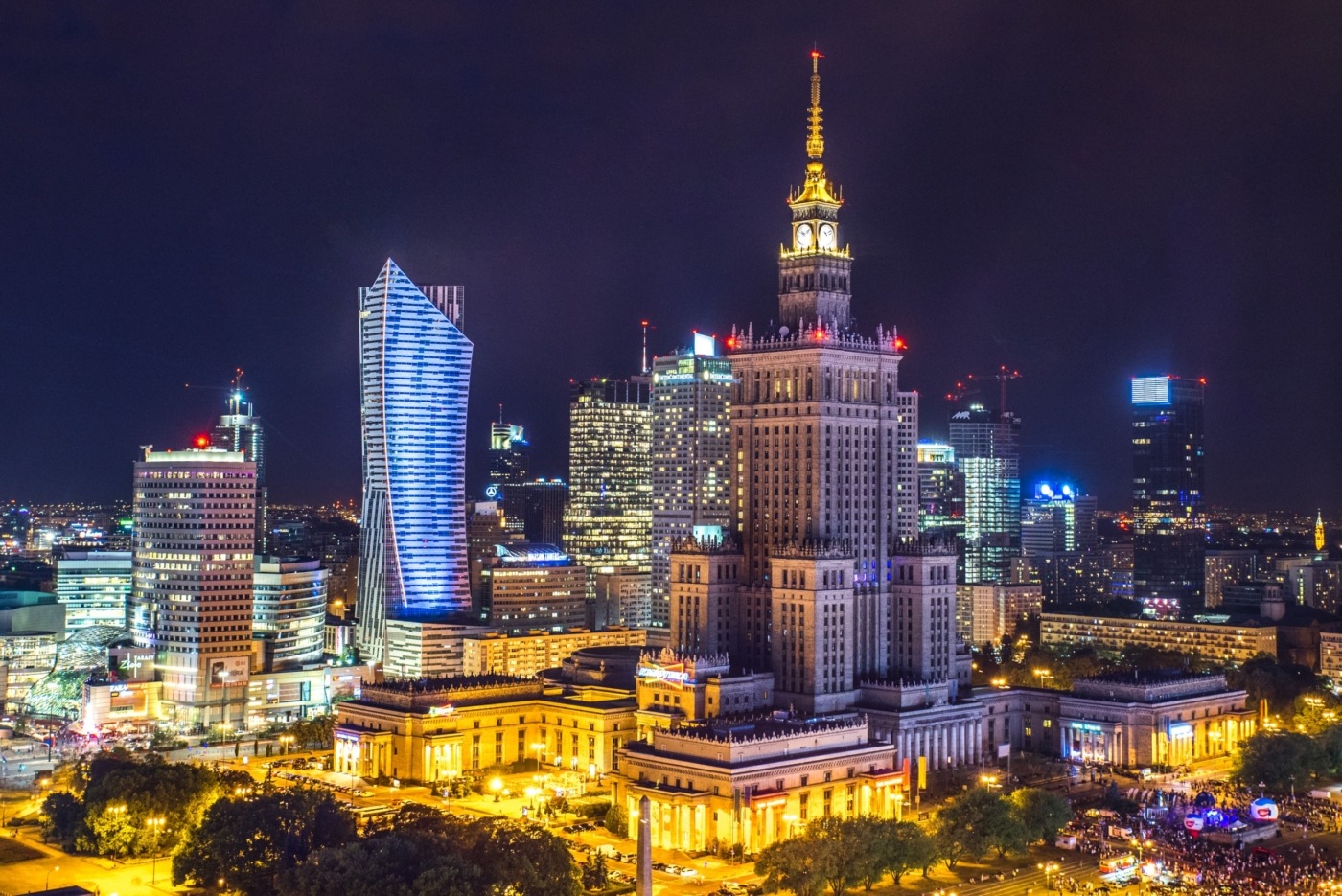Will Poland’s Duda win a second term?
This year’s Polish elections, that took place on Sunday 28 June, have been extremely interesting. Already bumped from 10 May due to the coronavirus pandemic, this competition had been characterised by extremely close polling. The outcome was nowhere near certain, but the result is a run-off between the two major candidates, the incumbent Andrzej Duda and the liberal Rafal Trzaskowski. Faced with a backdrop of Covid-19 and the ensuing economic problems, as well as an oncoming culture war and issues of national security, will Duda be able to secure a second term in office?
Opinion polls had been less kind to the incumbent president as of late. Duda hoped he would be facing off against former EU President Donald Tusk, who dropped out as a result of a private poll. Eventually, it was Trzaskowski, the liberal mayor of Warsaw, who became his main rival. A slick campaign by Trzaskowski, coupled with issues in Poland’s response to coronavirus, led to Duda slipping in the polls. Both Duda and Trzaskowski failed to achieve the 50% necessary to win the first round outright, and they will advance to a run-off two weeks later that either man could win.
Faced with a backdrop of Covid-19 and the ensuing economic problems, as well as an oncoming culture war and issues of national security, will Duda be able to secure a second term in office?
Duda began the election on a platform that mixed social orthodoxy with wide-ranging social spending programmes. He promised large infrastructure projects, an increase in social benefits for families and government support for rural development and water efficiency. The ruling Law and Justice Party (PiS, which is allied to Duda and of which the president was formerly a member) hopes for his re-election in order to pass further judicial reforms. Trzaskowski, meanwhile, favours local infrastructure projects, increasing civil liberties and the development of a green economy.
As a result of the economic difficulties brought on by coronavirus, campaigning had shifted towards social issues. Duda has slammed Trzaskowski as a condescending member of the metropolitan elite (where most of his support base is concentrated). He is vocal about his support for traditional family values, and has staked his social campaign on the issue of LGBT rights. Duda said he will “defend children from LGBT ideology” and has compared the LGBT rights agenda to communist dictatorship, while a member of his campaign team said that “these people are not equal with normal people”. This rhetoric resonates with the large swathes of Poland that remain deeply conservative and Trzaskowski has tried to avoid coming out firmly in support of LGBT rights as a result. If he hopes to win the election, this is a large voting bloc he can’t afford to alienate.
As it stands, things are too close to call at the moment, but this election result could have wide-ranging ramifications.
For President Duda, it looks as if America may give him the campaign boost he so desperately wants. Duda travelled to the White House a few weeks ago, the first foreign politician to visit US President Trump since early February and the outbreak of the virus. It’s unusual for a foreign visit to come so close to an election in Poland, and so the invitation will be portrayed as an American endorsement of Duda. This overt backing will be important for the Polish president – Washington and NATO have strong public support in Poland, which is wary of a resurgent Russia.
When the two presidents held a pressure conference on 24 June, Trump announced that he would likely be withdrawing US troops from Germany and increasing their presence in Poland. The US president also applauded the two countries for being “true friends and trusted partners for almost 250 years”, and said that their meeting will “reaffirm the vital alliance” between them. For Duda, the law and order candidate, this will be music to his ears, and could translate into the extra percentage points needed to win.
As it stands, things are too close to call at the moment, but this election result could have wide-ranging ramifications. If Duda wins, the proposed judicial reforms will be another huge blow for an EU that could do without them. Existing socially conservative positions in Poland will likely be reinforced and, if Trump wins re-election in November, the allyship between the two countries will grow. But if Trzaskowski takes charge, he will face an uphill battle to change Poland into a liberal democracy. Whatever the result, this election will shape the country for years to come.

Comments